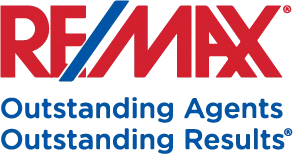
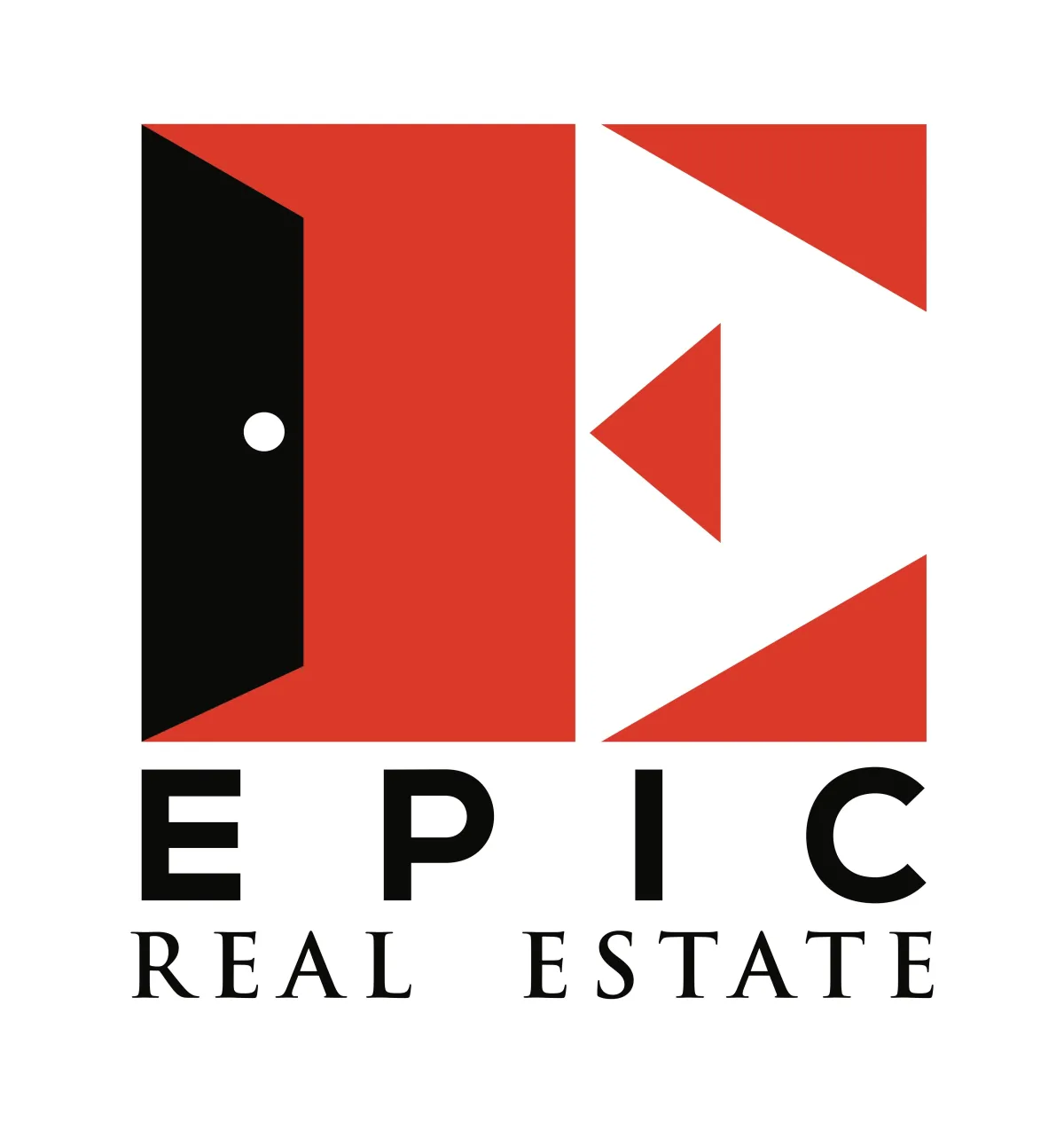
TRACY BOECKMAN
•Realtor
• Military Relocation
•Real Estate Investor
• Property Manager
•Senior Home Sales
• Divorce Sales
Mobile (580) 484-6465 | Office (405) 850-3829
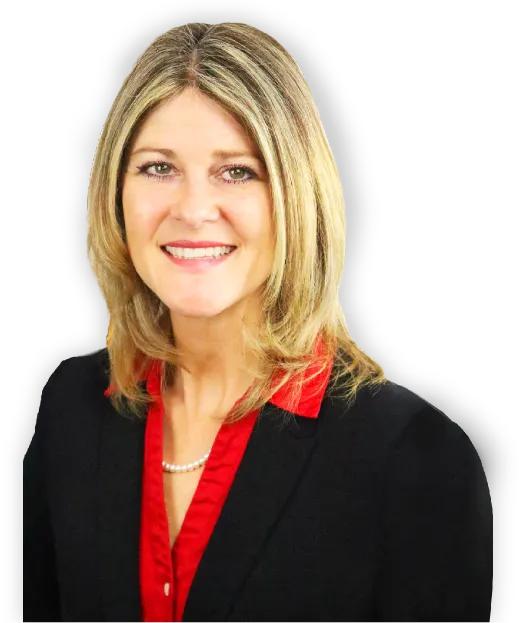


TRACY BOECKMAN
• Realtor • Military Relocation • Real Estate Investor
• Property Manager • Senior Home Sales • Divorce Sales
Mobile (580) 484-6465 | Office (405) 850-3829

MOVING TO/FROM VANCE AFB?
BUYING A HOME? SELLING A HOUSE? NEED LOAN GUIDANCE?
Tracy Boeckman can help!
Complimentary Market Analysis and Military Discounts for Active Duty Sellers. Tracy and her team are among Enid's TOP PRODUCING REALTORS consistently year after year!

MOVING TO/FROM VANCE AFB?
BUYING A HOME? SELLING A HOUSE?
NEED LOAN GUIDANCE?
Tracy Boeckman can help!
FREE Market Analysis and Military Discounts for Active Duty Sellers. Tracy and her team are among Enid's
TOP PRODUCING REALTORS
consistently year after year!


SUBSCRIBE to my channel!

SUBSCRIBE to my channel!

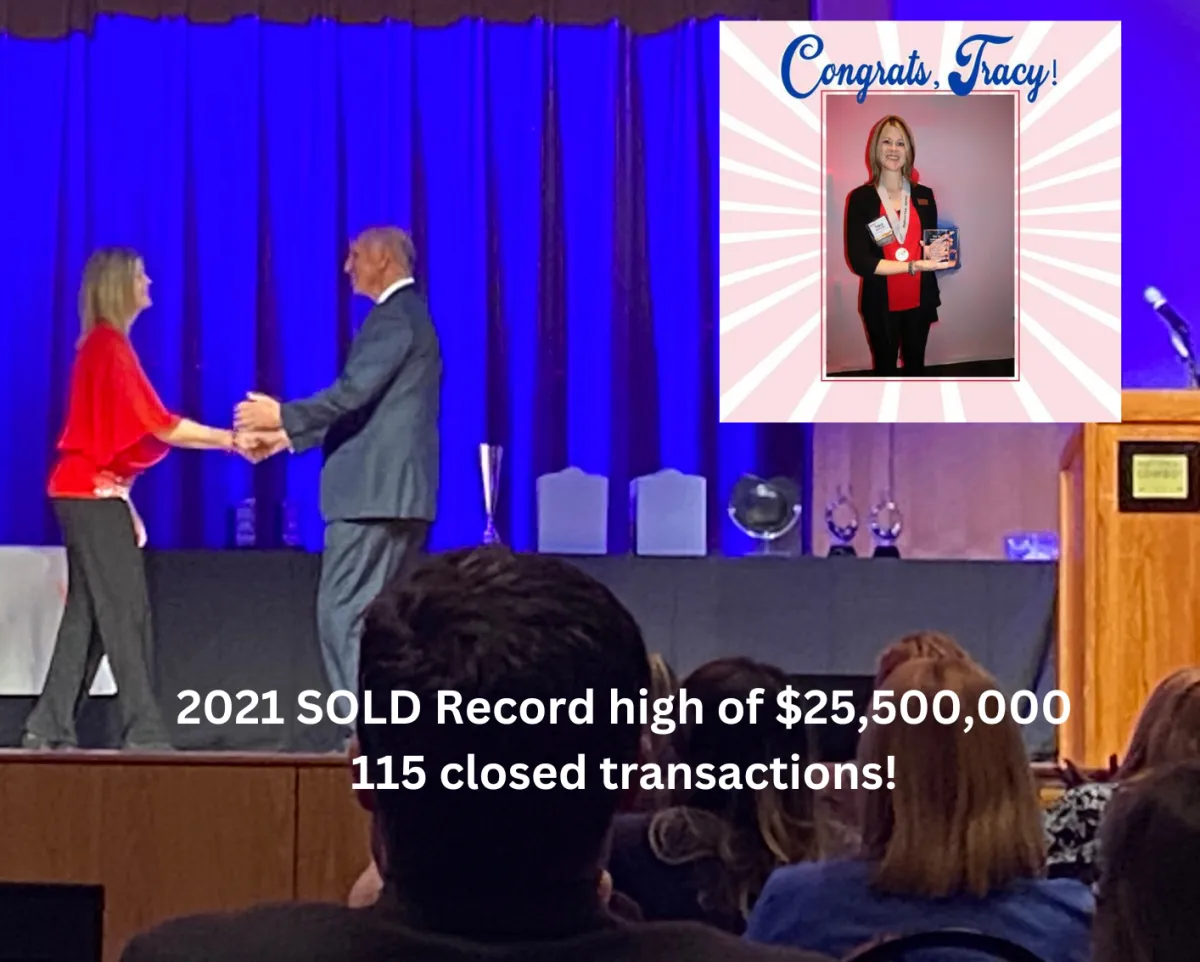
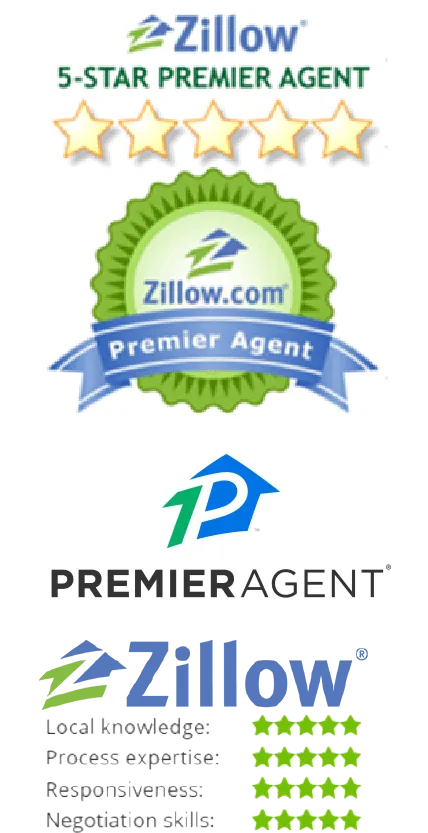
Tracy and her Team are ZILLOW PREMIER AGENTS!
Sometimes distance, our busy lives, and/or the military lifestyle make it impossible for clients to come to Enid to look at homes and/or close on a home in person. With today’s technology, Tracy and her team have closed many transactions where their buyers purchase a home, even have homes built, sight unseen via Zoom, Facetime, FB Messenger, Duo, etc...
Tracy's Buyers and Sellers exhibit the utmost confidence in her ability to see that all is done correctly and know she and her team will conduct a smooth transaction. Tracy is trustworthy and a straight shooter, so her clients strongly value her opinion. She is able to, "handle every aspect and detail in a transaction flawlessly." Tracy often times closes a transaction without even meeting her clients face-to-face as she has the ability to do everything electronically. Most clients love this option as it's quick and easy and doesn't interrupt their busy schedule. The Boeckman Realty Team is always happy to meet in person as well for those who prefer that option!
Tracy and her Team are ZILLOW PREMIER AGENTS!
Sometimes distance, our busy lives, and/or the military lifestyle make it impossible for clients to come to Enid to look at homes and/or close on a home in person. With today’s technology, Tracy and her team have closed many transactions where their buyers purchase a home, even have homes built, sight unseen via Zoom, Facetime, FB Messenger, Duo, etc...
Tracy's Buyers and Sellers exhibit the utmost confidence in her ability to see that all is done correctly and know she and her team will conduct a smooth transaction. Tracy is trustworthy and a straight shooter, so her clients strongly value her opinion. She is able to, "handle every aspect and detail in a transaction flawlessly." Tracy often times closes a transaction without even meeting her clients face-to-face as she has the ability to do everything electronically. Most clients love this option as it's quick and easy and doesn't interrupt their busy schedule. The Boeckman Realty Team is always happy to meet in person as well for those who prefer that option!

WANT SOME HELP NAVIGATING THE SCARY TASK OF
HOME BUYING OR SELLING?
Look no further! With Tracy on your side, buying or selling that next home or investment property will be
an easier task than you think.

Boeckman Realty Team
Tracy Boeckman
580-484-6465
(We service Enid and surrounding areas)
Brokered by:
EPIC Real Estate
508 W Vandament #202
Yukon, OK 73099
405-850-3829
WANT SOME HELP NAVIGATING THE SCARY TASK OF HOME BUYING OR SELLING?
Look no further! With Tracy on your side, buying or selling that next home or investment property will be an easier task than you think.

Boeckman Realty Team
Tracy Boeckman
580-484-6465
realtor@tracysellsenid.com
(We service Enid and surrounding areas)
Brokered by:
EPIC Real Estate
631 N Mustang Road
Mustang, OK 73064
405-850-3829
WHETHER YOU'RE LOOKING TO BUY A HOME, SELL A HOUSE, OR JUST FIND SOMEONE WHO CAN HELP MANAGE IT ALL
Tracy Boeckman and her team are here for you!
- Expertise: Military Relocation & The Northwest Enid Market
- Knowledge: Real Estate Investor and Property Manager
- Experience: Oklahoma Realtor since 2011, #1 in Sales in 2020, 2021, and hopefully many more!
- Understand: Military spouse since 2000!
WHETHER YOU'RE LOOKING TO BUY A HOME, SELL A HOUSE,
OR JUST FIND SOMEONE WHO CAN HELP MANAGE IT ALL
Tracy Boeckman and her team are here for you!
- Expertise: Military Relocation & The Northwest Enid Market
- Knowledge: Real Estate Investor and Property Manager
- Experience: Oklahoma Realtor since 2011, #1 in Sales in 2020, 2021, and hopefully many more!
- Understand: Military spouse since 2000!
WHETHER YOU'RE LOOKING
TO BUY A HOME, SELL A HOUSE,
OR JUST FIND SOMEONE
WHO CAN HELP MANAGE IT ALL
Tracy Boeckman is here for you. She's one of Enid's top realtors and has been consistently producing year after year. Tracy specializes in military relocation too!
- Expertise: Military Relocation & The Northwest Enid Market
- Knowledge: Real Estate Investor and Property Manager
- Experience: A military spouse since 2000
WHETHER YOU'RE LOOKING TO BUY A HOME, SELL A HOUSE,
OR JUST FIND SOMEONE WHO CAN HELP MANAGE IT ALL
Tracy Boeckman is here for you. She's one of Enid's top realtors and has been consistently producing year after year. Tracy specializes in military relocation too!
- Expertise: Military Relocation & The Northwest Enid Market
- Knowledge: Real Estate Investor and Property Manager
- Experience: A military spouse since 2000
WHAT THEY’RE SAYING...
WHAT THEY’RE SAYING...
Tracy and her husband, Retired Lt Col Kyle Boeckman, are Real Estate Investors and are happy to share their knowledge, “Money Rules,” and experiences in flipping homes and property management! Having PCS’d to Enid back in 2001-2, we have firsthand insight on the Enid market, community activities, Vance Air Force Base ins and outs! We have raised our two sons here and have experienced Chisholm, Enid, and the Home Schooling options! Tracy was on the welcome committee at Vance and is an active supporter of the Vance Spouse Groups. Words of wisdom to all newcomers: Get involved! Every assignment is what you make of it. Enid supports our military families and Vance supports our community!
We support our troops!
We hope we can be of service!



Tracy and her husband, Retired Lt Col Kyle Boeckman, are Real Estate Investors and are happy to share their knowledge, “Money Rules,” and experiences in flipping homes and property management! Having PCS’d to Enid back in 2001-2, we have firsthand insight on the Enid market, community activities, Vance Air Force Base ins and outs! We have raised our two sons here and have experienced Chisholm, Enid, and the Home Schooling options! Tracy was on the welcome committee at Vance and is an active supporter of the Vance Spouses Group. Words of wisdom to all newcomers: Get involved! Every assignment is what you make of it. Enid supports our military families and Vance supports our community!
We support our troops!

BUYING A HOME
Buying a home is probably the biggest investment you will make, with long-term financial
ramifications. It calls for many informed decisions and for good advice from a real estate professional. When buying a home, you can learn from the knowledge and skill of a Real Estate Associate.
WHAT CAN A REAL ESTATE ASSOCIATE DO TO
HELP YOU BUY THE RIGHT HOME FOR YOU?
BUYING A HOME
Buying a home is probably the biggest investment you will make, with long-term financial ramifications. It calls for many informed decisions and for good advice from a real estate professional. When buying a home, you can learn from the knowledge and skill of a Real Estate Associate.
WHAT CAN A REAL ESTATE ASSOCIATE DO TO HELP YOU BUY THE RIGHT HOME FOR YOU?

They Will Help You Determine How Much Home You Can
Actually Afford.

Providing client level services,
they can work for you as a
buyer's associate

They will help you work out a
realistic idea of the home best
suited to your needs.

They have access to a listing of all available homes in the
multi-list system

They can often suggest simple,
imaginative changes that could
make a home more suitable

They can supply information on real estate values, taxes &
utility costs

Although the law does not
normally require an attorney to review documents or oversee real estate
closings.

They can help familiarize you
with the closing process

They can provide you with a list of qualified home inspectors

They Will Help You Determine How
Much Home You Can
Actually Afford.

Providing client level services,
they can work for you as a
buyer's associate

They will help you work out a
realistic idea of the home best
suited to your needs.

They have access to a listing of all
available homes in the
multi-list system

They can often suggest simple,
imaginative changes that could
make a home more suitable

They can supply information on real estate values, taxes &
utility costs

Although the law does not
normally require an attorney to review
documents or oversee real estate
closings.

They can help familiarize you
with the closing process

They can provide you with a list of
qualified home inspectors
BUYING A HOME CAN BE OVERWHELMING
there are so many options out there!

THERE ARE SEVERAL ISSUES, THOUGH, THAT MAY COMPLICATE THE PURCHASE PROCESS
contracts written in foreign languages or countries with limited banking options. Plus, most service members don't know when they will return to the United States.

BUYING A HOME CAN BE
OVERWHELMING
there are so many options out there!
THERE ARE SEVERAL ISSUES,
THOUGH, THAT MAY COMPLICATE
THE PURCHASE PROCESS
contracts written in foreign languages or countries with limited banking options. Plus, most servicemembers don't know when they will return to the United States.


TRACY BOECKMAN IS A PROFESSIONAL REAL ESTATE AGENT WHO KNOWS WHAT IT TAKES TO MAKE THE HOME BUYING PROCESS EASY.
- She specializes in military relocation & Northwest Enid area
- Tracy has been a military spouse since 2000
- She understands the special needs of military families
TRACY BOECKMAN IS A PROFESSIONAL REAL ESTATE AGENT WHO KNOWS WHAT IT TAKES TO MAKE THE HOME BUYING PROCESS EASY.
- She specializes in military relocation & Northwest Enid area
- Tracy has been a military spouse since 2000
- She understands the special needs of military families


Lorem ipsum dolor sit amet, consectetuer adipiscing elit, sed diam nonummy nibh
euismod tincidunt ut laoreet dolore magna aliquam erat volutpat. Ut wisi enim ad
minim veniam, quis nostrud exerci tation ullamcorper suscipit lobortis nisl ut aliquip
ex ea commodo consequat. Duis autem vel eum iriure dolor in hendrerit in vulpu-
Name Here
Profession


Lorem ipsum dolor sit amet, consectetuer adipiscing elit, sed diam nonummy nibh
euismod tincidunt ut laoreet dolore magna aliquam erat volutpat. Ut wisi enim ad
minim veniam, quis nostrud exerci tation ullamcorper suscipit lobortis nisl ut aliquip
ex ea commodo consequat. Duis autem vel eum iriure dolor in hendrerit in vulpu-
Name Here
Profession
SELLING YOUR HOME
Sometimes, life just hands us the inevitable: just when everything seems right with your home, something
happens and you have to sell your dwelling. No matter what your reasons are for selling, remember that now is
no time to dawdle, the process of preparing a home for sale can take a month or more. So, here's how to start:
SELLING YOUR HOME
Sometimes, life just hands us the inevitable: just when everything seems right with your home, something happens and you have to sell your dwelling. No matter what your reasons are for selling, remember that now is no time to dawdle, the process of preparing a home for sale can take a month or more. So, here's how to start:


When filing your Form 1040, there is a spot on the first page, Line 29, that allows you to claim your self-employed health insurance costs for the year. The benefit of claiming your health insurance costs is that it lowers your gross adjusted income, which will in turn lower your total taxable income. Software like QuickBooks Self-Employed can help you easily track these deductions. There are two key factors to remember when determining your eligibility for deducting your health insurance costs as a self-employed person:
You can only write-off your health insurance premiums for the months you and/or your spouse where ineligible for an employer-sponsored health insurance plan. For example, if you were employed for five months of the year and then left your job to start your own company, you would be able to claim your premiums for the remaining seven months. If your business does not earn any income, you cannot claim the health insurance deduction. You are not eligible to claim more deductions than your business earned in the same year.

An HMO
or “health maintenance organiza on”) requires you to select a primary care physician (PCP) who acts as "gatekeeper." Think of your PCP as your personal health-quarterback, strategically coordina ng all of your care and providing for your basic healthcare needs. If you ever need to see a specialist or require a diagnos c service (such as a blood test), you will need a referral from your PCP. Your referral will always be to a provider within your HMO network. If you choose to see a doctor outside of the network or without a referral, you will generally have to pay all costs out-of-pocket unless it is a true medical emergency or you have no other op ons. With an HMO, your physician network is local.
An PPO
(or “preferred provider organiza on”) is a health plan with a “preferred” network of providers in your area. You do not need to select a primary care physician and you do not need referrals to see a specialist. If you see a “preferred” (or “in-network”) provider, you will only be responsible for paying a por on of the bill (according to your plan's coverage structure). If you choose to see a doctor who is outside the preferred network, you will generally have to pay a larger por on of the bill than you would for an “in-network” provider, but most plans will s ll cover a por on of the bill. With a PPO, you will have access to out-of-state providers that are considered in-network.
An EPO
(or “exclusive provider organiza on”) is a bit like a hybrid of an HMO and a PPO. EPOs generally offer a lile more flexibility than an HMO and are generally a bit less pricey than a PPO. Like a PPO, you do not need a referral to get care from a specialist. But like an HMO, you are responsible for paying out-of-pocket if you seek care from a doctor outside your plan's network. An EPO is a good op on if you want to see specialists without a PCP referral within your network.
An POS
(or "point of service”) plan is also a hybrid of an HMO and PPO plan. Like an HMO, you will need a referral from your PCP in order to see a specialist. But, like a PPO plan, you will pay less if you use doctors, hospitals, and other healthcare providers in the plan’s network, and you will have access to out-of-network providers at an increased cost.

A preferred provider organizations (PPO) is a type of health insurance plan that features a network of doctors and hospitals that provide a lower rate. PPOs may also cover the costs of some medical expenses outside of their network. Unlike with a health maintenance organization (HMO), another popular type of health insurance plan, PPO plans do not require that you get a referral from your primary care physician to see a specialist.

Your deductible is the amount you pay for health care out of pocket before your health insurance kicks in and starts covering the costs. Some expenses, like an annual check-up or doctor’s visit, might not be subject to the deductible, depending on your plan. The deductibles might be anywhere from $500 to $1,500 if you’re an individual, or $1,000 to $3,000 if you’re a family. In general, plans with higher deductibles have lower premiums and vice versa.
As an example, if you have a $1,000 deductible and have a $5,000 surgery, you’ll have to pay $1,000 out of pocket, and the remaining $4,000 will be covered all or in part by your insurance company.
However, even after you've paid your deductible, covered services may still have a copay or coinsurance, depending on the details of your plan.

A copay is a flat fee that you pay when you receive specific health care services, such as a doctor visit or getting prescription drugs. Your copay (also called a copayment) will vary depending on the service you receive and your health insurance plan, but copays are typically $30 or less.
Copays are a form of cost sharing. Insurance companies use them as a way for customers to split the cost of paying for health care. Copays for a particular insurance plan are set by the insurer. Regardless of what your doctor charges for a visit, your copay won't change.
Not all services require a copay — preventive care usually doesn’t — while the copay for other medical services may depend on which doctor you see or which medicine you use. In particular, certain insurance plans charge more to visit a specialist physician instead of your primary care physician. Name brand prescription medicine usually has a higher copay than generic versions.
As a general rule, health insurance plans with lower monthly premiums (the amount you pay each month in order to have health insurance) will have higher copays. Plans with higher premiums usually have lower copays.


When filing your Form 1040, there is a spot on the first page, Line 29, that allows you to claim your self-employed health insurance costs for the year. The benefit of claiming your health insurance costs is that it lowers your gross adjusted income, which will in turn lower your total taxable income. Software like QuickBooks Self-Employed can help you easily track these deductions. There are two key factors to remember when determining your eligibility for deducting your health insurance costs as a self-employed person:
You can only write-off your health insurance premiums for the months you and/or your spouse where ineligible for an employer-sponsored health insurance plan. For example, if you were employed for five months of the year and then left your job to start your own company, you would be able to claim your premiums for the remaining seven months. If your business does not earn any income, you cannot claim the health insurance deduction. You are not eligible to claim more deductions than your business earned in the same year.

An HMO
or “health maintenance organiza on”) requires you to select a primary care physician (PCP) who acts as "gatekeeper." Think of your PCP as your personal health-quarterback, strategically coordina ng all of your care and providing for your basic healthcare needs. If you ever need to see a specialist or require a diagnos c service (such as a blood test), you will need a referral from your PCP. Your referral will always be to a provider within your HMO network. If you choose to see a doctor outside of the network or without a referral, you will generally have to pay all costs out-of-pocket unless it is a true medical emergency or you have no other op ons. With an HMO, your physician network is local.
An PPO
(or “preferred provider organiza on”) is a health plan with a “preferred” network of providers in your area. You do not need to select a primary care physician and you do not need referrals to see a specialist. If you see a “preferred” (or “in-network”) provider, you will only be responsible for paying a por on of the bill (according to your plan's coverage structure). If you choose to see a doctor who is outside the preferred network, you will generally have to pay a larger por on of the bill than you would for an “in-network” provider, but most plans will s ll cover a por on of the bill. With a PPO, you will have access to out-of-state providers that are considered in-network.
An EPO
(or “exclusive provider organiza on”) is a bit like a hybrid of an HMO and a PPO. EPOs generally offer a lile more flexibility than an HMO and are generally a bit less pricey than a PPO. Like a PPO, you do not need a referral to get care from a specialist. But like an HMO, you are responsible for paying out-of-pocket if you seek care from a doctor outside your plan's network. An EPO is a good op on if you want to see specialists without a PCP referral within your network.
An POS
(or "point of service”) plan is also a hybrid of an HMO and PPO plan. Like an HMO, you will need a referral from your PCP in order to see a specialist. But, like a PPO plan, you will pay less if you use doctors, hospitals, and other healthcare providers in the plan’s network, and you will have access to out-of-network providers at an increased cost.

A preferred provider organizations (PPO) is a type of health insurance plan that features a network of doctors and hospitals that provide a lower rate. PPOs may also cover the costs of some medical expenses outside of their network. Unlike with a health maintenance organization (HMO), another popular type of health insurance plan, PPO plans do not require that you get a referral from your primary care physician to see a specialist.

Your deductible is the amount you pay for health care out of pocket before your health insurance kicks in and starts covering the costs. Some expenses, like an annual check-up or doctor’s visit, might not be subject to the deductible, depending on your plan. The deductibles might be anywhere from $500 to $1,500 if you’re an individual, or $1,000 to $3,000 if you’re a family. In general, plans with higher deductibles have lower premiums and vice versa.
As an example, if you have a $1,000 deductible and have a $5,000 surgery, you’ll have to pay $1,000 out of pocket, and the remaining $4,000 will be covered all or in part by your insurance company.
However, even after you've paid your deductible, covered services may still have a copay or coinsurance, depending on the details of your plan.

A copay is a flat fee that you pay when you receive specific health care services, such as a doctor visit or getting prescription drugs. Your copay (also called a copayment) will vary depending on the service you receive and your health insurance plan, but copays are typically $30 or less.
Copays are a form of cost sharing. Insurance companies use them as a way for customers to split the cost of paying for health care. Copays for a particular insurance plan are set by the insurer. Regardless of what your doctor charges for a visit, your copay won't change.
Not all services require a copay — preventive care usually doesn’t — while the copay for other medical services may depend on which doctor you see or which medicine you use. In particular, certain insurance plans charge more to visit a specialist physician instead of your primary care physician. Name brand prescription medicine usually has a higher copay than generic versions.
As a general rule, health insurance plans with lower monthly premiums (the amount you pay each month in order to have health insurance) will have higher copays. Plans with higher premiums usually have lower copays.





































